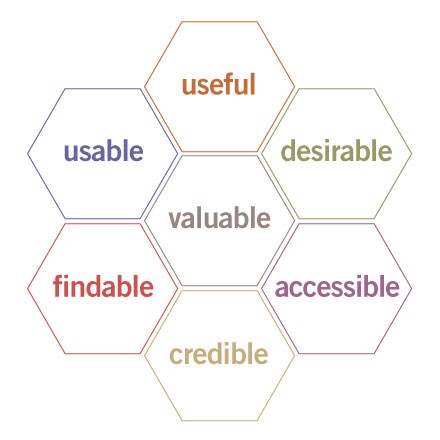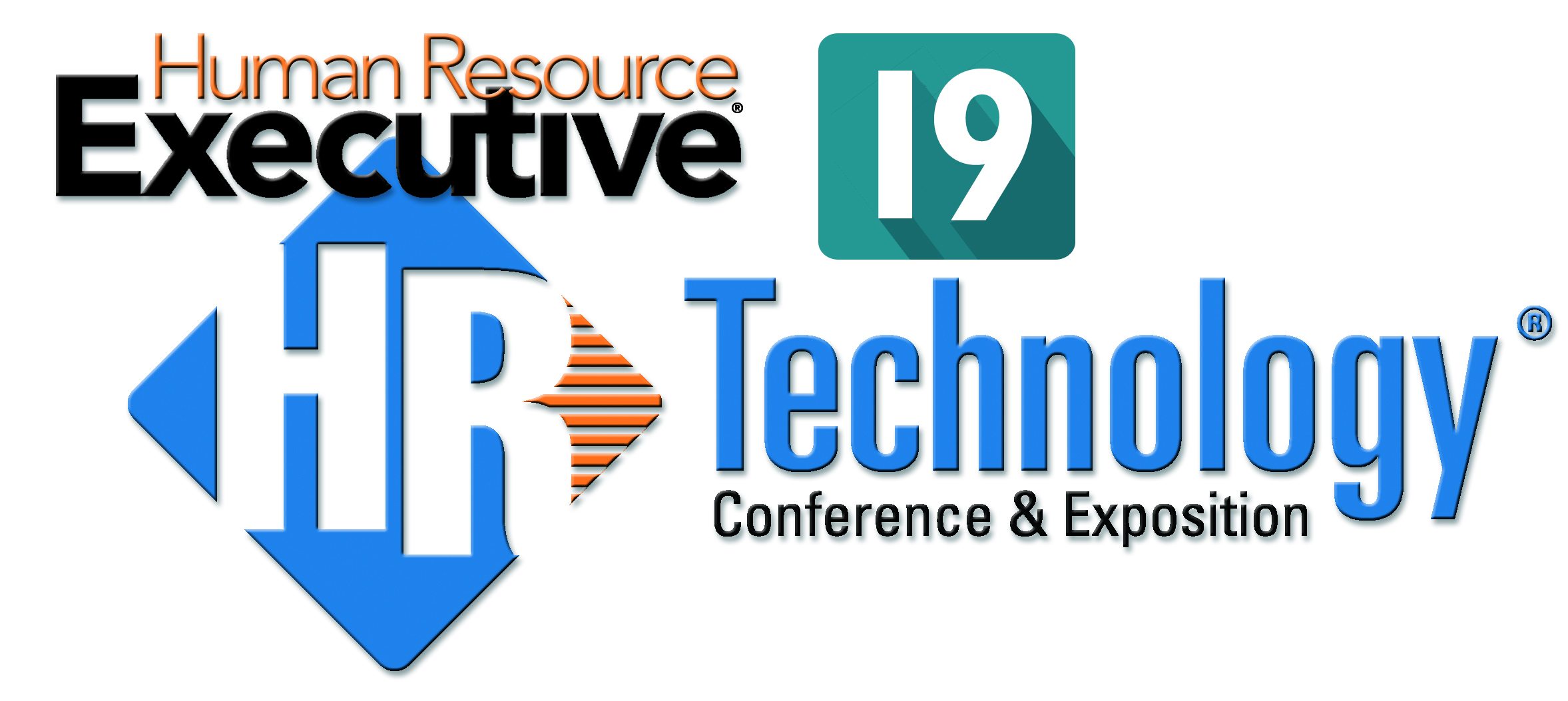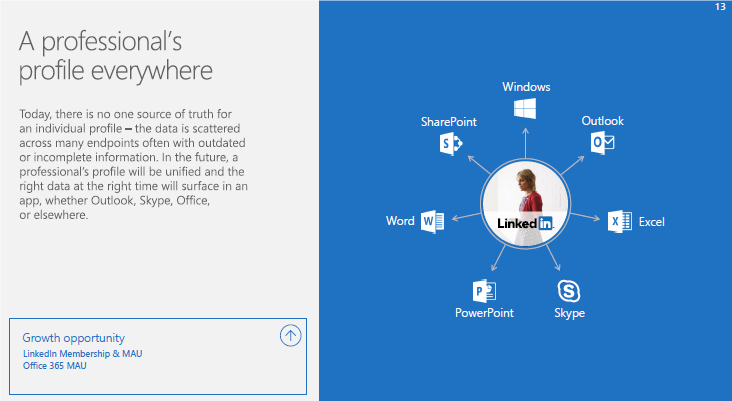HRE Column: On Disruptive Technology and How it Changes HR
Here is my semi-frequent reminder and pointer for blog readers that I also write a monthly column at Human Resource Executive Online called Inside HR Tech and that archives of which can be found here.
As usual, the Inside HR Tech column is about, well, HR Tech, (sort of like I used to write about all the time on this blog), and it was inspired by the planning process for a presentation I am giving at the upcoming Inforum Conference in New York City.
When thinking about how much technology has changed and progressed over the last decade, I was drawn to the idea that these kinds of big changes in consumer and personal tech (smart phones, social networks, messaging apps, etc.), eventually begin to impact and influence the workplace. That is what I will be talking about at Inforum, and was the concept I kick around in the HR Exec column.
Here is an excerpt of the HR Exec column titled "The Next Wave in HR Disruption":
There are two ways of thinking about the future, especially as it concerns technology. One way is to see a future in which change is mostly incremental and tomorrow is barely distinguishable from today. The other, and more interesting, way is to envision a future in which technology advances so rapidly and profoundly that tomorrow is almost unrecognizable from today. I think that given the amount and pace of technology change that the latter view is closer to reality than the former.
I've been thinking about technology change and the disruption it can drive as I've been preparing for a talk I'll be giving at the upcoming Inforum event in New York next month. The focus of the presentation will be digital transformation and the impact it is having on talent, work and HR technology itself. It strikes me as almost incredible just how much most of us (me, for sure) have been impacted in our personal and professional lives by technologies that were either introduced or came into mainstream usage within the last 10 years or so.
I've selected just a few of the most disruptive tech innovations of the last decade (grouped by a general similarity to each other). For each, I examine how these technologies have, thus far, impacted human capital management and HR tech, and what might be coming in the future of HR tech.
iPhone (2007), iPad (2010)
Perhaps the most disruptive and profound technology advancement of the last decade has been the smartphone and its cousin, the tablet, two categories largely created and led by Apple. I don't have to opine on how much these technologies have changed our personal and professional lives -- the fact that many of you are reading this on a phone or a tablet makes the argument for me. The implications and opportunities for HR technology are clear, with many having already been realized. Every major HR-technology solution today has at least some mobile applications, and many of the leading solutions have developed extensive mobile capability -- particularly for the vast majority of employees who use HR systems only sporadically, and only for a few select functions. Simply put, you have to support employees with HR technology solutions that work flawlessly on the devices employees want to use, keeping in mind that for most, the desktop is the least preferred method of interaction. Mobile is now so prevalent that smart technologists don't speak of a "mobile strategy," now it's just a "strategy."
Twitter (2007), Facebook (2008)
Can you remember life before social networking? I can. I actually kind of miss it, too. But there is no doubt that the so-called "killer app" for mobile devices has turned out to be social networks, in all their many flavors and permutations. Social-networking concepts have encroached into the organization for some time now with features such as an activity feed and liking, sharing and commenting becoming part of a wide range of enterprise and HR-technology solutions. Specifically, we are starting to see this trend play out in the learning-technology market, where many of the modern learning solutions such as the Oracle Learning Cloud, for example, draw heavily from social-networking concepts such as user creation of learning material and surface the best and most popular content for users....
Read the rest over at HR Executive...
If you liked the piece you can sign up over at HRE to get the Inside HR Tech Column emailed to you each month. There is no cost to subscribe, in fact, I may even come over and take your dog out for a walk or re-seal your driveway if you do sign up for the monthly email.
Have a great long weekend!

 Steve
Steve


